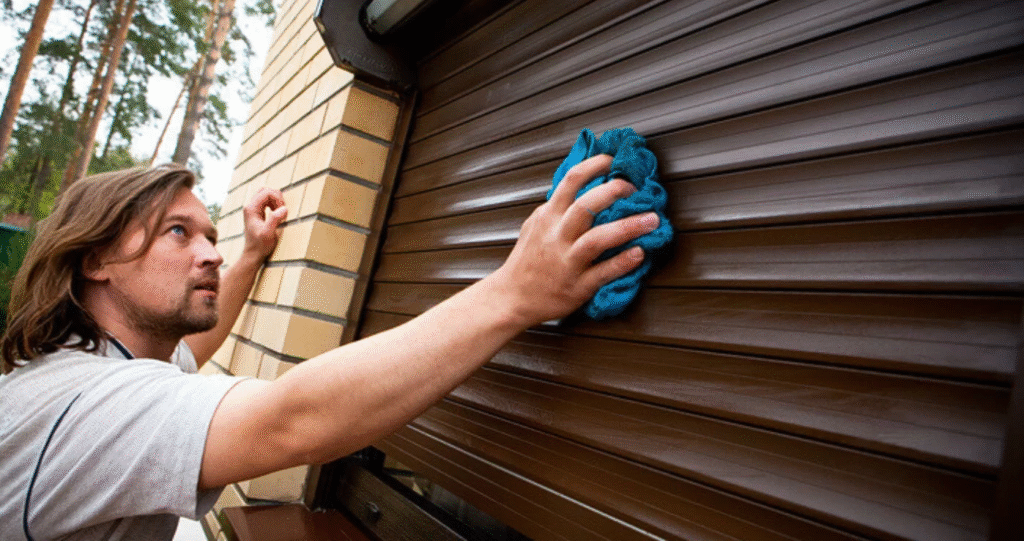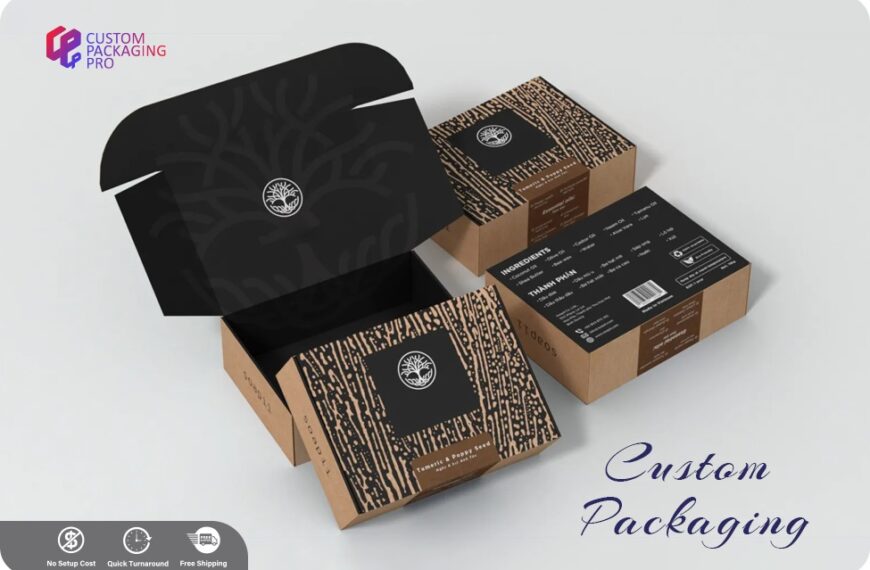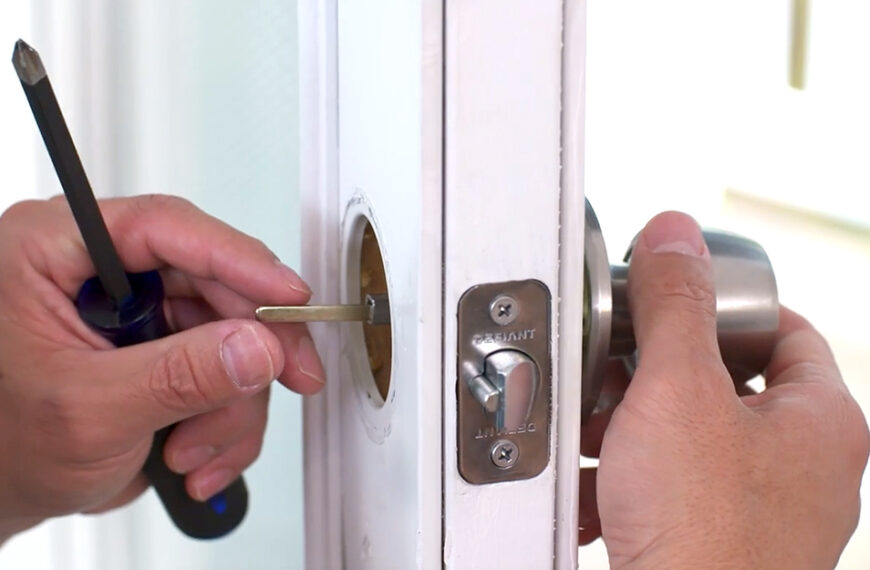
Whether you’re securing a home, a shop, or a warehouse, roller shutters are one of the most reliable and versatile options out there. Think of them as the protective armour for your doors and windows—strong, stylish, and surprisingly easy to use.
In this guide, we’ll explore everything you need to know about roller shutters: how they work, the different types available, their benefits, and tips on installation, maintenance, and more.
Table of Contents
| Sr# | Headings |
|---|---|
| 1 | What Is a Roller Shutter? |
| 2 | Where Are Roller Shutters Used? |
| 3 | Types of Roller Shutters |
| 4 | Manual vs Automatic Roller Shutters |
| 5 | Key Benefits of Installing a Roller Shutter |
| 6 | Roller Shutters for Homes |
| 7 | Commercial and Industrial Uses |
| 8 | Materials Used in Roller Shutters |
| 9 | How Are Roller Shutters Installed? |
| 10 | Cost of Roller Shutter Installation |
| 11 | Maintenance and Servicing Tips |
| 12 | Common Repairs and Issues |
| 13 | Security Features and Add-ons |
| 14 | Aesthetic and Design Options |
| 15 | Choosing the Right Supplier and Installer |
1. What Is a Roller Shutter?
A roller shutter is a type of door or window covering made from horizontal slats (or bars) that roll up and down to open or close. They’re typically made from aluminium or steel and can be either manually operated or motorised.
Imagine a garage door that curls into a neat roll above the doorway—that’s exactly how roller shutters work.
2. Where Are Roller Shutters Used?
Roller shutters are used in:
- Homes – for garage doors, windows, and added security
- Shops – to protect storefronts after hours
- Warehouses & factories – for large loading bay doors
- Schools and hospitals – for safety and privacy
Anywhere you need strength, protection, and ease of use, roller shutters fit the bill.
3. Types of Roller Shutters
- Built-on Shutters – mounted onto the exterior of a building
- Built-in Shutters – integrated into the window or door frame
- Interior Shutters – fitted inside for extra insulation or security
- Fire-rated Shutters – designed to withstand high heat for fire protection
- High-speed Shutters – used in industries for fast operation
4. Manual vs Automatic Roller Shutters
- Manual shutters use a crank or pull system—ideal for smaller openings and lower budgets.
- Automatic shutters are motorised, operated by a remote or switch—great for ease, especially in commercial settings.
Both offer great protection; the choice depends on your needs and convenience.
5. Key Benefits of Installing a Roller Shutter
✔️ Security: Strong, durable, and hard to break into
✔️ Weather protection: Blocks wind, rain, and UV rays
✔️ Energy savings: Improves insulation and reduces heat loss
✔️ Privacy: Keeps prying eyes out
✔️ Noise reduction: Especially useful in busy areas
✔️ Space-saving: Rolls neatly without swinging outward or inward
6. Roller Shutters for Homes
More homeowners are choosing roller shutters for:
- Windows: To reduce noise, sun glare, and heat
- Patio doors: For an extra layer of security
- Garages: For easy, space-efficient access
They can even be colour-matched to your house for a sleek look.
7. Commercial and Industrial Uses
Businesses love roller shutters for:
- Shopfronts: Protection from vandalism and theft
- Cafés & kiosks: Easy to open and close daily
- Industrial doors: Handling heavy-duty use and high traffic
- Schools & hospitals: Sectioning off areas when needed
They’re a practical, secure solution for any industry.
8. Materials Used in Roller Shutters
- Aluminium: Lightweight, rust-resistant, great for homes and shops
- Steel: Heavy-duty, ideal for industrial use and maximum security
- Transparent polycarbonate: Sometimes used for see-through designs in high-end stores
Each material serves a unique purpose depending on your environment and security needs.
9. How Are Roller Shutters Installed?
Professionals measure the opening, create a custom shutter to fit, and install it securely. Installation includes:
- Mounting the shutter box and guides
- Wiring (for electric models)
- Testing the open/close mechanism
- Safety checks and cleanup
A standard installation can take a few hours, while larger or more complex jobs may take a day.
10. Cost of Roller Shutter Installation
Pricing varies depending on size, material, and features:
- Basic manual shutter: From £250–£500
- Electric roller shutter: From £600–£1,500+
- Custom commercial shutters: From £1,000–£5,000+ depending on scale
Always ask for a detailed quote and warranty information.
11. Maintenance and Servicing Tips
To keep your roller shutter running smoothly:
- Lubricate moving parts every few months
- Clean the slats to remove dirt or debris
- Check for signs of wear or rust
- Test the motor and remote if electric
- Book a professional service annually
Regular care extends lifespan and performance.
12. Common Repairs and Issues
- Stuck shutters
- Broken slats or chains
- Motor failure in electric units
- Misaligned tracks
Most of these can be fixed quickly by an experienced technician—don’t try to force the shutter if it’s jammed.
13. Security Features and Add-ons
You can enhance security with:
- Remote locking systems
- Smart controls and apps
- Alarm systems connected to the shutter
- Heavy-duty padlocks or reinforced guides
Peace of mind is just an upgrade away.
14. Aesthetic and Design Options
Roller shutters can be:
- Powder-coated in various colours
- Perforated for partial visibility
- Fitted with custom logos or branding (great for shops)
Function doesn’t mean sacrificing form.
15. Choosing the Right Supplier and Installer
When selecting a roller shutter company:
- Check reviews and testimonials
- Ensure they offer warranty-backed products
- Ask about aftercare and servicing
- Make sure they comply with safety standards (CE marking)
A reputable provider will guide you from selection to installation and beyond.
Conclusion
Whether it’s for your home or business, roller shutters are one of the smartest investments you can make. They offer unbeatable security, style, and simplicity—all in one.











